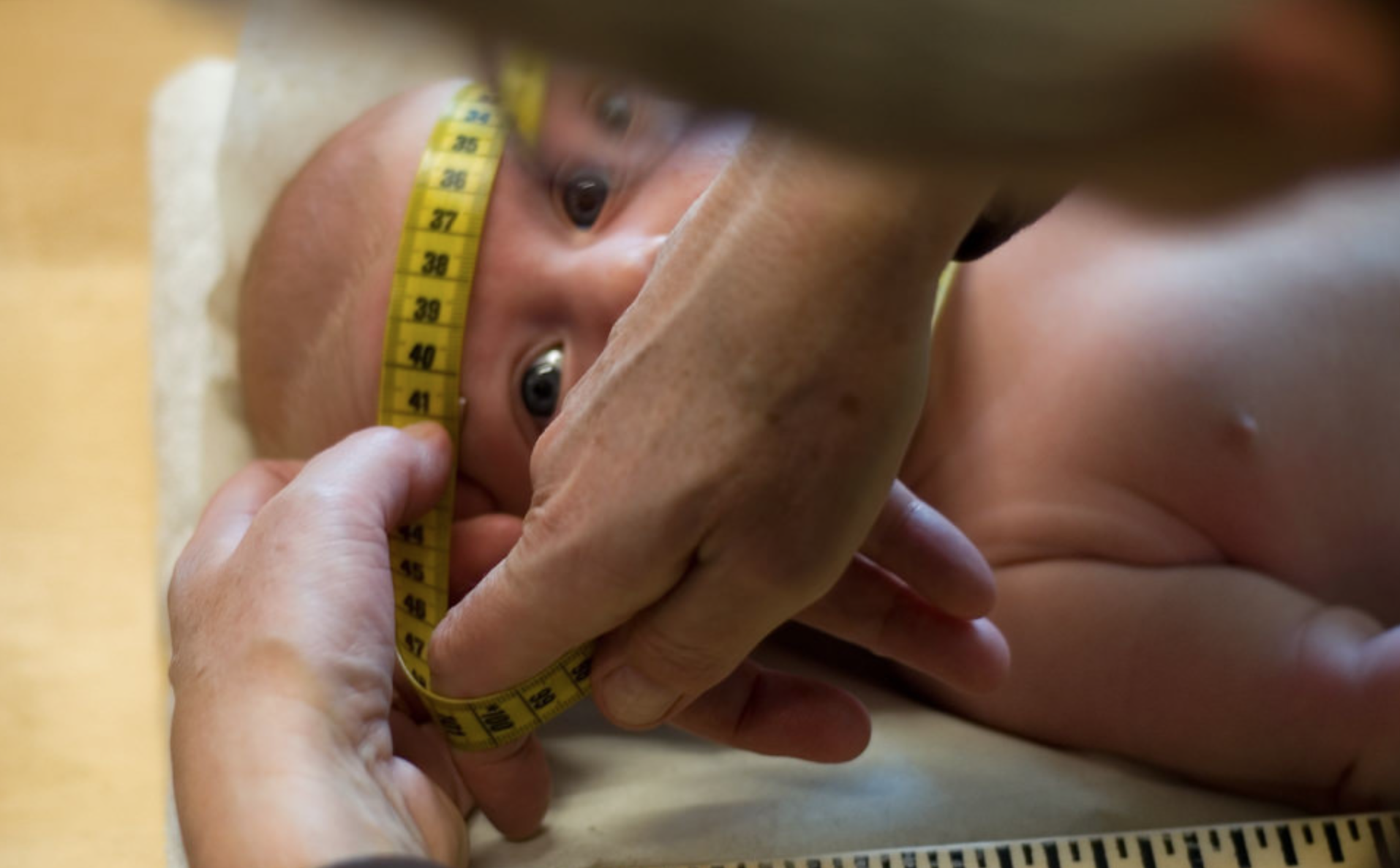It’s been months since Congress allowed the Children’s Health Insurance Program to expire but after the federal government promised $135 million to keep the program afloat in Texas through February, Senator John Cornyn tweeted, “Congress will pass a long term CHIP bill next week” on December 15.
One week later, however, that’s not the case despite a short-term funding measure in the bill passed by Congress Thursday.
“But the $2.85 billion provided for CHIP is far less than the five years of funds that congressional leaders had promised, and it is unclear whether those funds will be adequate,” concluded the New York Times after the Thursday vote.
The lack of movement had already caused ripples across the country. “On January 2, Alabama will stop allowing new children to enroll in its CHIP program,” writes Eric Levitz in New York magazine. “Connecticut and Colorado will shutter their programs on January 31, if Washington does not provide new funds before then.” Across the country, some nine million kids from low-income and middle-income families have insurance through the program, which is administered at the state level.
What does this mean for Texas and Houston?
More than 640,000 Texas children benefit from the program, according to estimates from the Texas Tribune, including some 394,000 who don’t qualify for Medicaid and an additional 249,000 who are on Medicaid. “Together, Medicaid and CHIP cover about 45 percent of all children in the state,” writes Alex Samuels. Some 36,000 pregnant women in Texas also benefit from CHIP.
The state ranks near the bottom when it comes to children’s health, according to the Annie E. Casey Foundation. The state had a higher than average percentage of uninsured children, in part because the state declined to expand Medicaid. A study in the journal Health Affairs compared health outcomes in states like Texas that did not expand Medicaid and those that did and found stark contrasts. In Texas, between 2013 and 2016, more people put off medical needs because of cost and fewer accessed care for chronic conditions.
“It is unacceptable that in a city with such rich medical resources, the children of hardworking parents are denied access to even basic medical care. It is intolerable that this circumstance exists because Congress was unable to reach a political solution to a life-or-death problem,” Houston Mayor Sylvester Turner wrote in a passionate, personal appeal on behalf of the 78,000 children and 10,000 pregnant women on CHIP in Harris County.
Enrollment numbers from 2015 show that Harris County had the largest enrollment in the state. Another analysis by Georgetown University of 2011-2015 data show that 42 percent of children in Harris County were either on CHIP or Medicaid. By that measure, Zavala County had the highest enrollment, with 73 percent of children either on CHIP or Medicaid.

